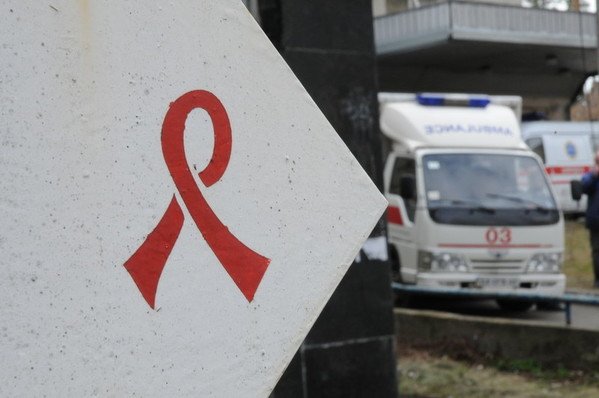
Moscow, Russia | AFP |
Russia’s HIV infection rate is growing 10 percent a year and over one million Russian have been diagnosed with the disease in nearly three decades, the country’s top AIDS expert said Tuesday.
The number of registered cases reached 1,087,339 on September 30, Vadim Pokrovsky, head of the national state AIDS centre, said at a news conference.
That number is a cumulative total of all those registered since 1987 and includes those who have since died.
According to the health ministry, around 820,000 Russians out of a population of 146 million are currently living with HIV.
In 2015, 110,000 new cases were officially registered in Russia, up from 85,252 new cases in 2014.
The real number of those infected is significantly higher — 1.3 to 1.4 million or almost 1 percent of the population, Pokrovsky estimated.
A global AIDS study published in The Lancet HIV journal in July found that new infections have plateaued globally at around 2.5 million per year, with more than 75 percent of infections in sub-Saharan Africa.
In Europe, the highest rate of new infections was in Russia and Ukraine, the study found.
“The situation is just getting worse and today it is threatening national security,” said Pokrovsky, warning of the risk of a huge epidemic breaking out by 2021.
Just over half of new cases in Russia — 51 per cent — result from injecting drugs, while 47 percent are infected by unprotected straight sex and only 1.5 percent say they got infected from gay sex.
“Russia is the only country in the world where drug users represent more than 50% of people with HIV,” said Pokrovsky.
He slammed the lack of an HIV prevention campaign, such as handing out clean needles.
“The public funds aren’t even enough to treat all those who are HIV positive. I’m not even talking about the prevention of new cases,” he said.
Only one in three HIV positive people in Russia gets free medical treatment due to a lack of funding, while the medicines are often of low quality.
Russia’s President Vladimir Putin has backed conservative values that align with those of the powerful Russian Orthodox Church, meaning health services have focused on AIDS treatment rather than prevention.
Russia has also banned supplying drug users with methadone as a substitute for heroin and has shifted its focus from information campaigns to those promoting abstinence.
The justice ministry blacklisted two major NGOs involved in HIV prevention in July under a controversial new law that labels them as “foreign agents.”
 The Independent Uganda: You get the Truth we Pay the Price
The Independent Uganda: You get the Truth we Pay the Price



